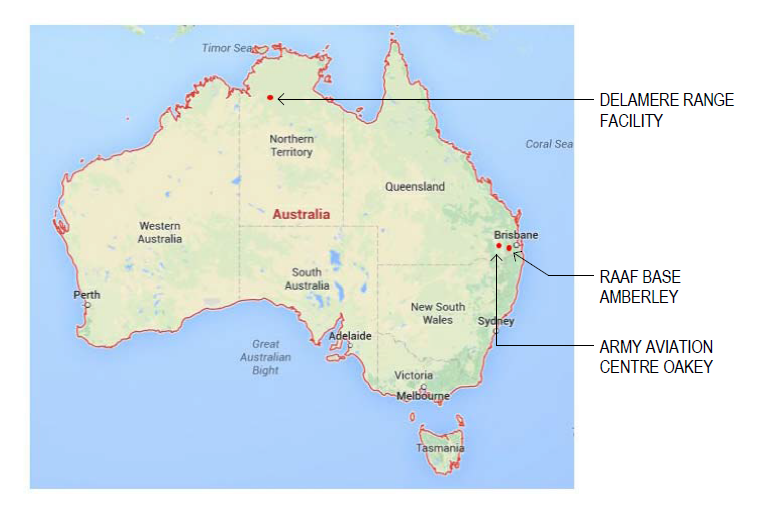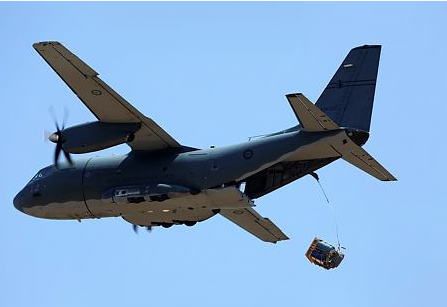Four-in-five Vic. regional tourism businesses do not support the continuation of grand final eve public holiday
SEVENTY-NINE percent of tourism businesses in regional Victoria do not support the grand final eve public holiday continuing in 2016, according to a survey conducted by the Victoria Tourism Industry Council (VTIC).
“Regional tourism businesses throughout Victoria are sending the Andrews Government a clear message that this holiday must be retracted,” said VTIC Acting Chief Executive Erin Joyce.
“The majority of tourism operators are small, family-run businesses under significant cost pressures already. They have been hit hard by the additional expense of this public holiday.”
Ms Joyce’s comments came as VTIC released the findings of its survey on the impact of the grand final eve public holiday on regional businesses.
The survey, which received over 120 responses from regional operators, shows the holiday put significant cost pressures on business, with over half (55 per cent) of respondents reporting that they recorded a loss for the day. Twenty three per cent of respondents reported that they did not open on the day at all.
Seventy one per cent of respondents who operated on the grand final eve public holiday were forced to cancel the shifts of regular staff and work themselves, or with family members, in order to keep costs down.
In addition, 69 per cent of respondents said that the holiday did not benefit their region.
“We are regularly told by operators that the holiday is a terrible idea and these results are further evidence that the vast majority of businesses did not benefit overall from the holiday. Businesses that experienced an increase in revenue still suffered from a higher wages bill, with only one-in-three businesses making a profit on the day,” said Ms Joyce.
“On behalf of tourism businesses throughout Victoria we will continue to campaign to see that this holiday is not repeated in years to come.”
The Victoria Tourism Industry Council (VTIC) is the peak body for Victoria’s tourism and events industry, providing one united industry voice. Tourism and events are growth industries for Victoria and contribute $19.6 billion to the state economy each year and employ more than 200,000 people.
ends

 How to resolve AdBlock issue?
How to resolve AdBlock issue? 

